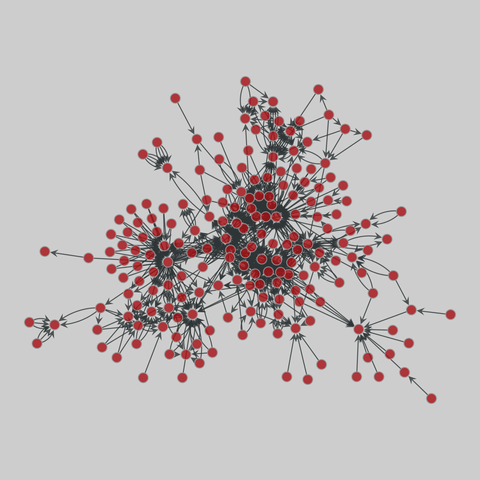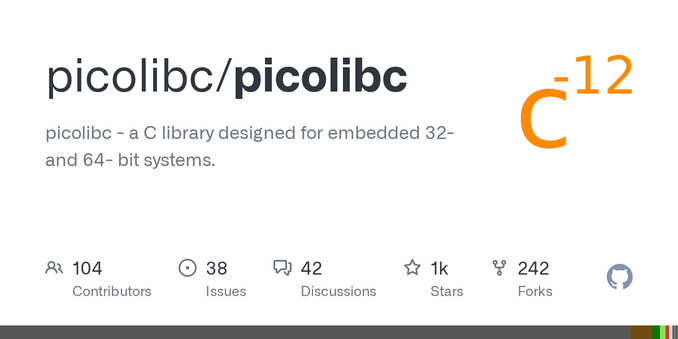2026-02-20 21:42:52
"#Gamification in #Libraries: A Bibliometric Study"
https://doi.org/10.18785/slis.1301.12
2025-12-20 16:57:46
Have a joyful #DayOfDionysos here at Erotic Mythology! 🍇
"He was accompanied [. . .] by a personal attendant and caretaker, Silenus, who was his adviser and instructor in the most excellent pursuits and contributed greatly to the high achievements and fame of Dionysos."
Diodorus Siculus, Library of History 4.4.3
🏛
2025-11-21 07:03:08
Amanda carries a taser, mace and a pistol. She’s not a gang member, she’s a US #librarian. Amanda Jones spoke out against #censorship at her local public #library and walked straight into the battle to ban
2026-02-19 18:02:49
2026-01-20 15:00:05
software_dependencies: Software dependencies (2010)
Several networks of software dependencies. Nodes represent libraries and a directed edge denotes a library dependency on another.
This network has 282 nodes and 893 edges.
Tags: Technological, Software, Unweighted
https://networks.skewed.de/n…
2025-12-21 05:05:54
The other picolibc project this week is to (finally) put together a coding standard and reformat all of the code. I'm wondering if others have experience with this particular transition and if you all have advice and guidance about how to make this less disruptive. Of course, bike-shedding about the actual format is highly encouraged.
2026-01-21 05:12:45
Jellyfin started "missing" new videos that were being added to the library, so decided it was time for a rebuild. Ended up using the new homelab baseline (Debian 13/`trixie`) and the install was pretty smooth. Used an NFS share for the `cache` and `metadata` directories, and it even scraped all the videos. Still had a ton of mismatches, but nothing too horrible.
#homelab
2026-02-16 03:38:15
Today in the drizzle I stopped by the Living Library, a beautiful native plant garden near SF's Balboa Park at the San Jose/Seneca intersection. Highly recommend a visit to see some #ceanothus in bloom and California poppies and island mallows beginning to, and much more.
2026-01-19 16:35:40
UK Gambling Commission says Meta is turning a blind eye to illegal gambling site ads on Facebook and Instagram, calls its ad library a "window into criminality" (Olivia Solon/Bloomberg)
https://www.bloomberg.com/news/articles/20
2026-01-16 21:29:32
"Library Futures: Information Literacy in the Age of GenAi: my slides, notes, and an addendum"
https://librarian.aedileworks.com/2025/12/22/library-futures-information-literacy-in-the-age-of-genai…







